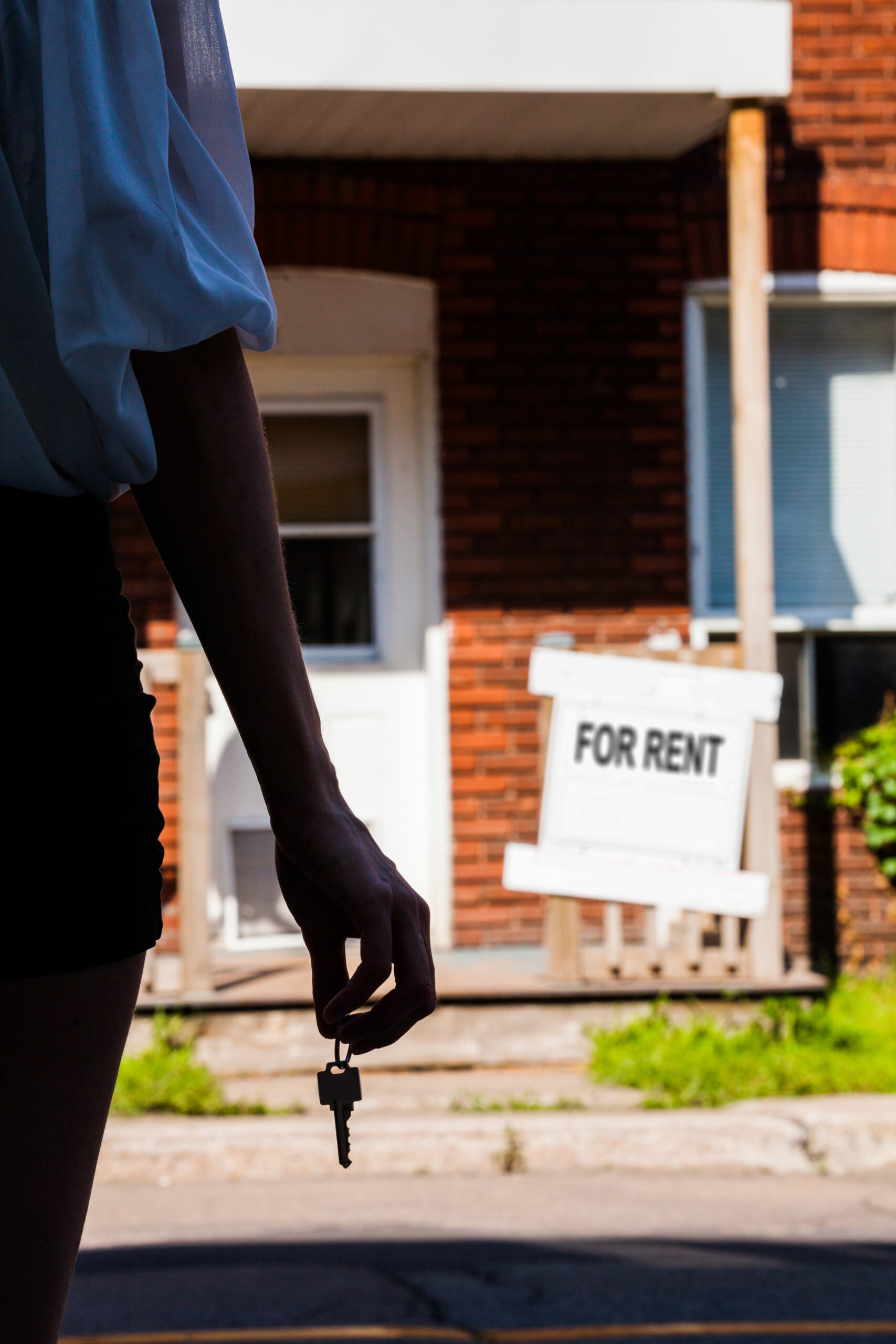
123RF
When you get an eviction notice, it can be an overwhelming and frightening experience, sending you into a state of uncertainty about your future housing. The key is not to panic but to act swiftly and strategically. Understanding your legal rights and options is essential in this situation. This article aims to empower you with knowledge and practical steps you can take to address the eviction notice effectively. By following these 12 actionable tips, you will better understand how to navigate this challenging time, potentially prevent eviction, and secure your housing stability for the long term.
1. Understand Your Eviction Notice

123RF
Understanding the specifics of your eviction notice is crucial. The details of the notice will guide your response. Eviction notices, such as Pay Rent or Quit, Cure or Quit, or Unconditional Quit, each require different actions. Make sure you fully understand the type of notice you’ve received, the reasons behind the eviction, and the deadlines by which you need to respond or vacate. Misunderstanding these can jeopardize your response and your rights. Often, these notices are required to provide specific details, including the amount owed or the lease terms violated, and they must be delivered in a manner prescribed by law, ensuring you receive them properly.
2. Contact Your Landlord

123RF
Reaching out to your landlord can sometimes prevent the situation from escalating. Clear, calm communication might reveal that there was a misunderstanding that can be resolved without legal action. If the eviction is due to unpaid rent, inquire if a payment plan is an option. Some landlords are willing to negotiate under certain circumstances, especially if you have been a good tenant or if the rental market is slow. It’s important to approach this conversation diplomatically and with prepared points, possibly suggesting realistic payment arrangements or deadlines you know you can meet.
3. Review Tenant Rights in Your Area

123RF
Knowledge is power, particularly when it comes to legal matters. Each state and municipality has laws designed to protect tenants. These laws cover everything from the required notices before eviction to what constitutes a legal eviction. Familiarizing yourself with these rights can provide a strong defense against unjust eviction and might even offer avenues for legal recourse. Many regions have specific protections against eviction that can range from restrictions on the reasons for eviction to requirements for how eviction notices must be served.
4. Seek Legal Advice

123RF
Legal advice is invaluable after you get an eviction notice. A qualified tenant attorney or legal aid organization can provide guidance tailored to your situation. These services can help interpret the nuances of your eviction notice and plan an appropriate response. Many legal aid societies offer free or low-cost services to those in need, ensuring you can get professional advice even if you’re financially strained. These experts can also represent you in court if the eviction proceeds to that stage, providing a defense based on local tenant law.
5. Explore Rent Assistance Programs

123RF
Financial support is often available to those who are struggling to meet rental payments. Local charities, non-profit organizations, and government programs may offer grants or loans to help tenants in arrears. By securing financial assistance, you can address immediate financial obligations and potentially stave off eviction. These programs often require some documentation of financial hardship, so preparing your financial records in advance can expedite the process.
6. Document Everything

123RF
Documentation can be your best defense in legal proceedings or negotiations. Keep a meticulous record of all correspondence with your landlord, receipts for any payments made, and any other interactions related to your tenancy. This organized approach can prove invaluable, particularly if the dispute escalates to court. Such records can also be useful if you need to apply for rent assistance or bring your case before a tenant board.
7. Ask for Help from Community Organizations

123RF
Community organizations often have resources and expertise at their disposal to assist those facing eviction. They may be able to offer direct assistance, connect you with legal resources, or negotiate on your behalf. Leveraging these resources can provide additional support and options in your efforts to contest an eviction. These organizations might also provide emergency housing if an eviction cannot be avoided, ensuring you have a safe place to stay temporarily.
8. Consider Mediation

123RF
Mediation can be a less adversarial and more cost-effective alternative to court proceedings. It involves a neutral third party who helps landlords and tenants reach a mutually acceptable resolution. Mediation can result in a compromise that suits both parties, potentially allowing you to stay in your home or leave without an eviction on your record. This process typically requires both parties to agree to mediation, so presenting it as an option to your landlord can be a practical step.
9. Plan for a Worst-Case Scenario

123RF
While fighting your eviction, it’s prudent to prepare for all outcomes. Begin searching for alternative housing options, understanding tenant rights after you get an eviction notice, and considering storage solutions for your belongings. Having a backup plan can alleviate the stress of uncertainty and provide a clear path forward should you need to relocate. Also, pack essential items and important documents in an accessible place in case you need to move quickly.
10. Stay Informed About the Eviction Process

123RF
Understanding the eviction process is crucial for navigating it effectively. Familiarize yourself with the stages of eviction, from the initial notice to possible court proceedings. Being informed can demystify the process and reduce anxiety, helping you to make informed decisions about how to respond at each stage. Local tenant councils, legal aid societies, and even some libraries offer workshops and resources to help tenants understand this process.
11. Improve Your Financial Stability

123RF
Addressing your overall financial health can prevent future housing issues. Look into creating a budget, cutting unnecessary expenses, and finding ways to boost your income. Financial stability is key to maintaining your housing and avoiding future evictions. Consider consulting with a financial advisor or utilizing budgeting tools and apps to keep your finances on track.
12. Reach Out to Social Services

123RF
Social services can offer more than just housing assistance. They may provide access to food pantries, job training programs, and mental health services. Utilizing these resources can help stabilize other areas of your life, making it easier to focus on resolving your current housing crisis. These services are often free or low-cost and can provide significant relief during stressful times.
Navigating Your Way Through Eviction

123RF
Dealing with an eviction notice is undeniably stressful, but it’s not insurmountable. By taking structured, informed actions, you can significantly improve your situation. These 12 tips are designed to empower you, giving you the knowledge and tools to navigate through the process after you get an eviction notice. Remember, each step you take can help build a more stable future. Act promptly and seek help where needed, as numerous resources and support systems are available to assist you in this challenging time.
The post What Do I Do If I Get An Eviction Notice? 12 Tips To Keep You Off The Streets appeared first on The Free Financial Advisor.




